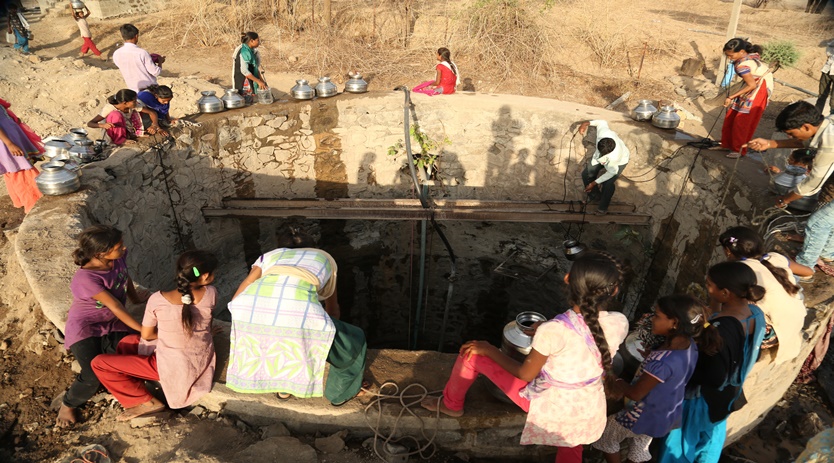C40 Cities study finds that without urgent action, millions more people around the globe will face grave risks from river flooding, along with more frequent and severe drought by 2050.
C40 Cities has revealed new research quantifying the dire impacts of climate-driven drought and flooding on the world’s largest cities and its residents. Supported by the Grundfos Foundation, C40’s analysis, entitled Water Safe Cities, leverages data from the network’s nearly 100 member cities to forecast the potential impacts of global temperature rise on urban economies and infrastructure. The findings show that if global warming continues unabated, 7.4 million people in the world’s largest cities will be exposed to severe river flooding within the next three decades, with damages to urban areas expected to cost $64 billion per year by 2050, even with current levels of global flood protections in place.
C40’s research suggests that devastating river and coastal flooding will unleash enormous economic, health, and social consequences that will affect millions across the globe. While cities across both the Global North and Global South are going to be affected by rising sea levels, populations in the Global South are ten times more likely to be affected by flooding and drought than residents in the Global North. At the same time, residents of Global North cities will face higher urban damage costs than residents of cities in the Global South. As many as 2,400 hospitals and healthcare facilities in C40 cities could be underwater by 2050, with nearly half of them in India. The research underscores that the world’s most vulnerable populations will increasingly find themselves on the front line of the climate crisis and are forced to endure its worst impacts.
C40’s analysis also shows how urgent action, such as using green solutions for water permeability and flood protection, improving water system efficiency and incorporating climate risk into urban planning can help cities to adapt to the climate emergency and work towards a climate-safe future for their residents.
“Sea level rise, flooding and drought are three of the most significant climate-related risks that cities face today,” said Mark Watts, Executive Director of C40 Cities.
“Cities have a wealth of tools and knowledge at their disposal to ensure that they are adequately preparing for the realities of the climate crisis, but effective action starts with an understanding of the scope and scale of the challenge.
“We are grateful to the Grundfos Foundation for supporting this critical research on climate-related water hazards, and we look forward to working together with cities in our network in the coming months and years to ensure they can effectively respond to these growing threats.”
Cookie Consent
We use cookies to personalize your experience. By continuing to visit this website you agree to our Terms & Conditions, Privacy Policy and Cookie Policy.












